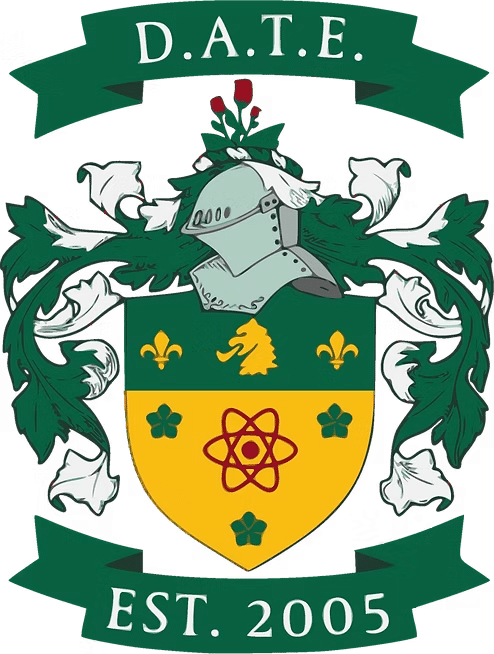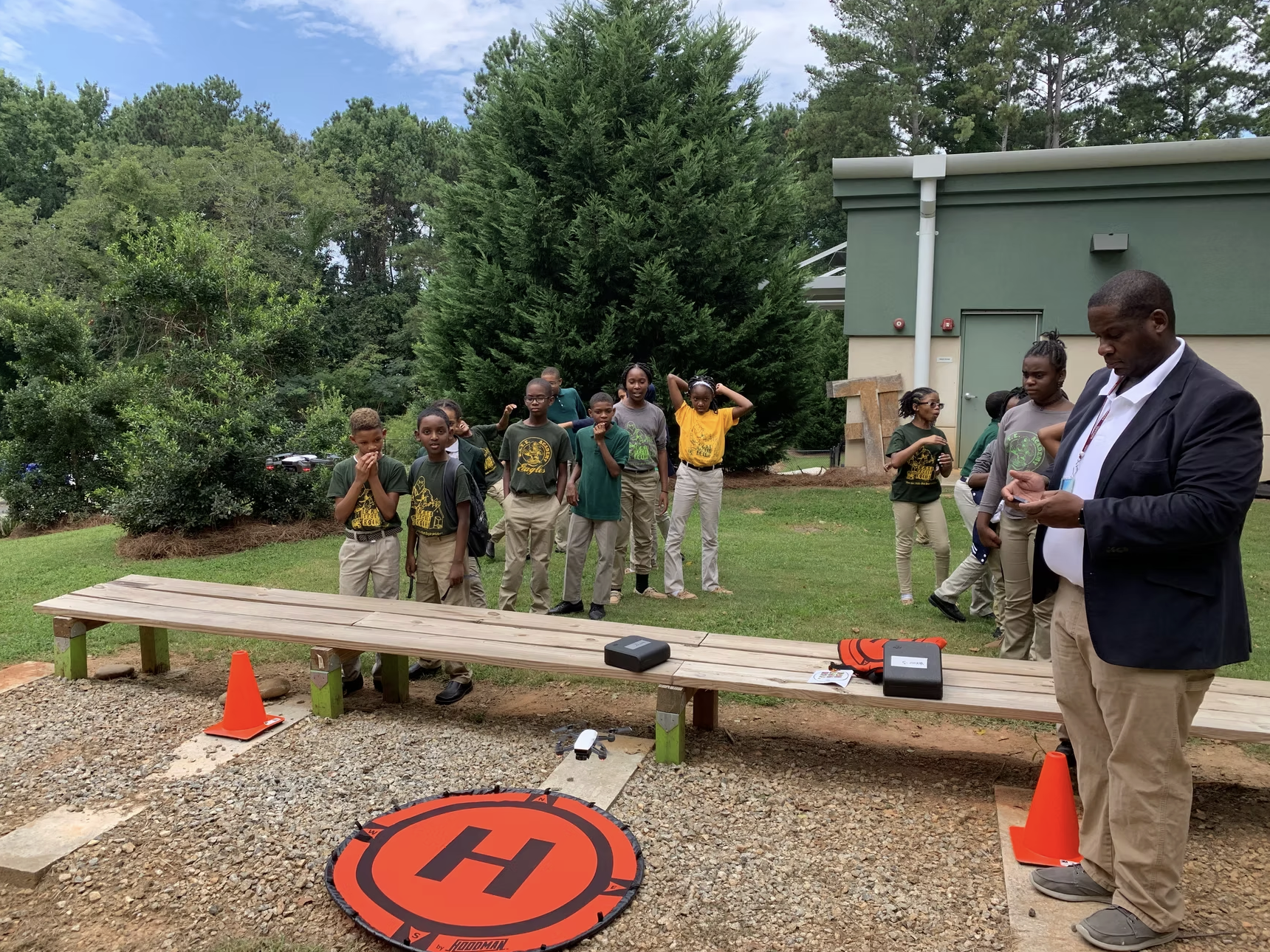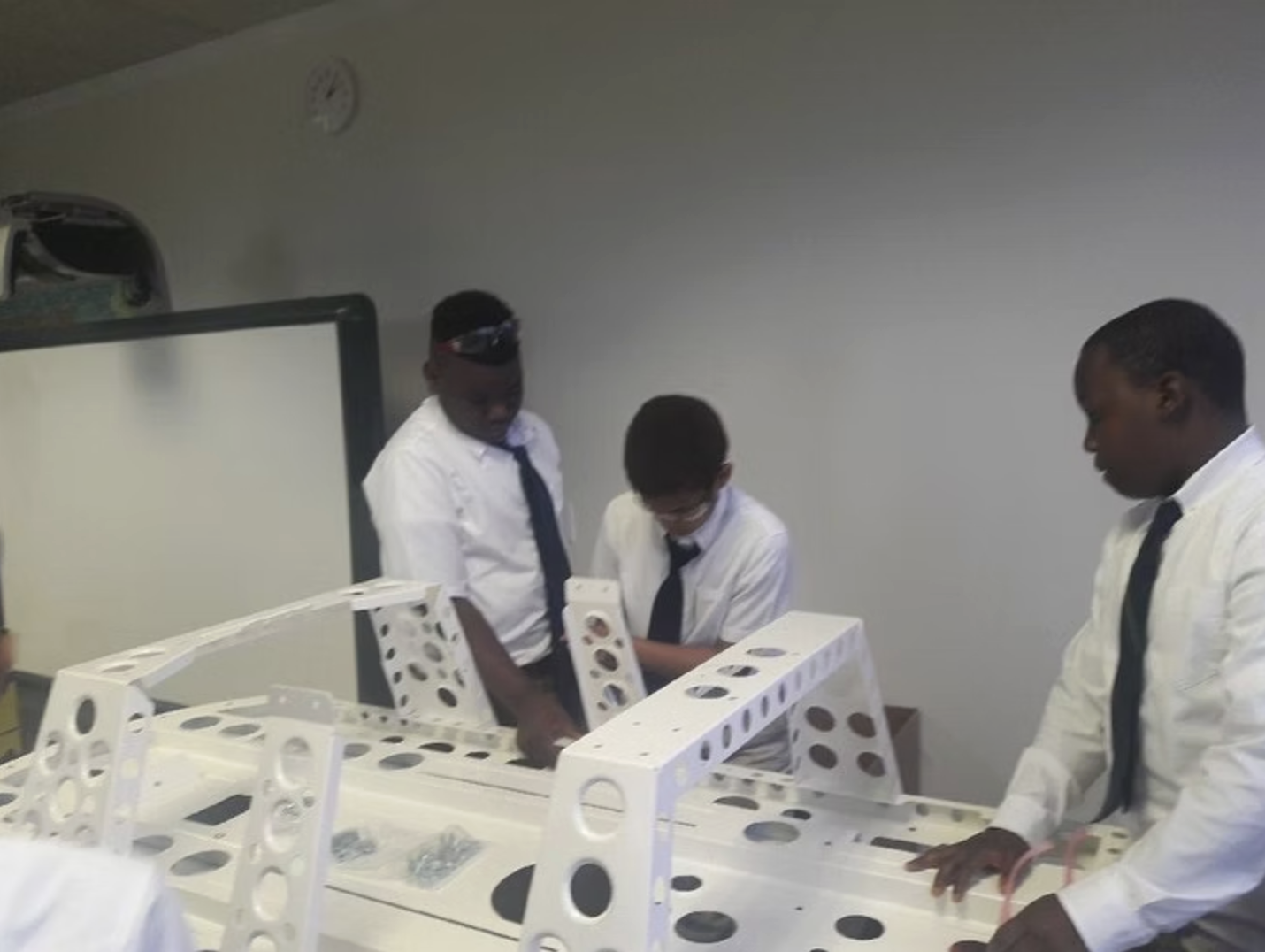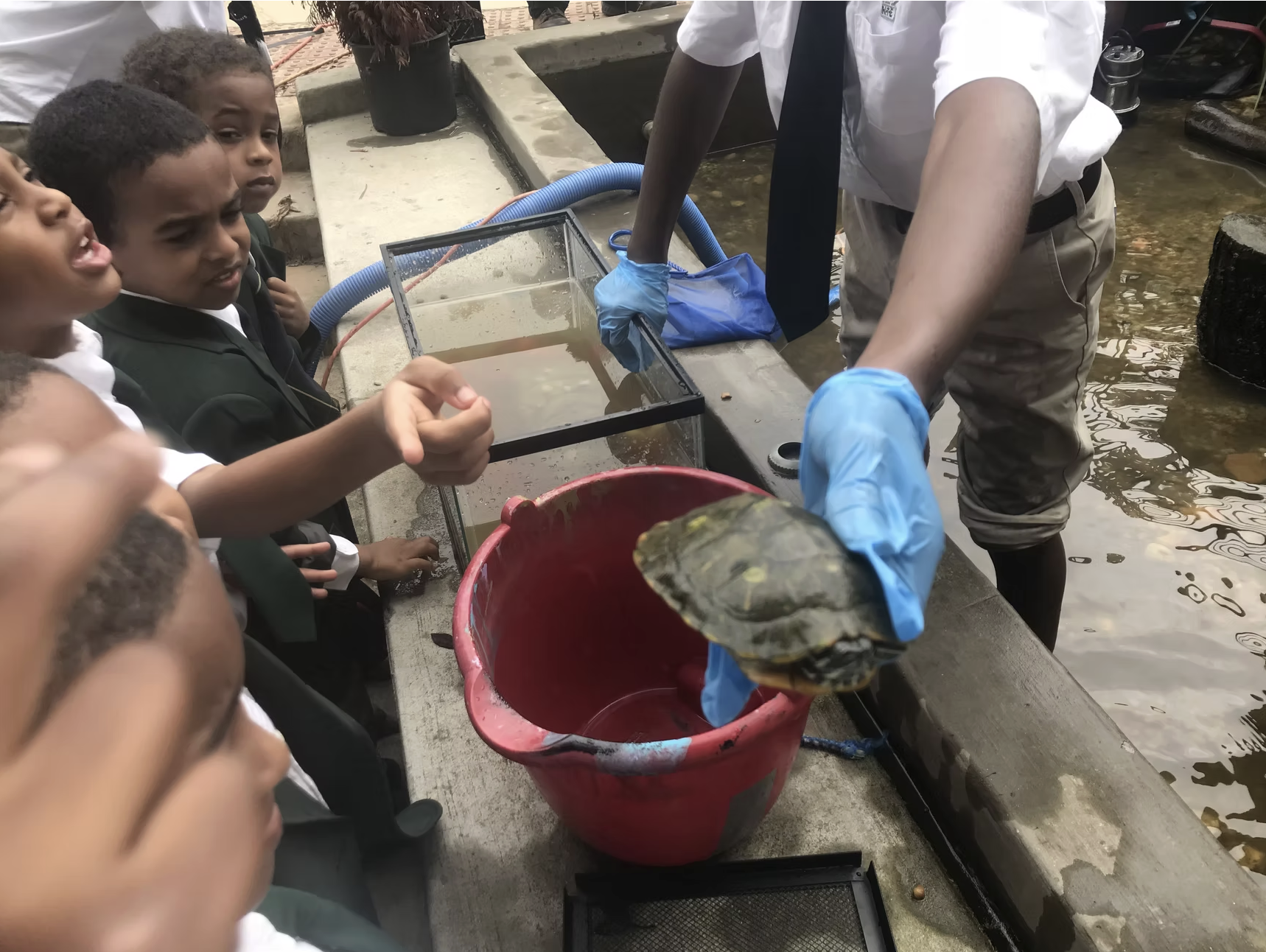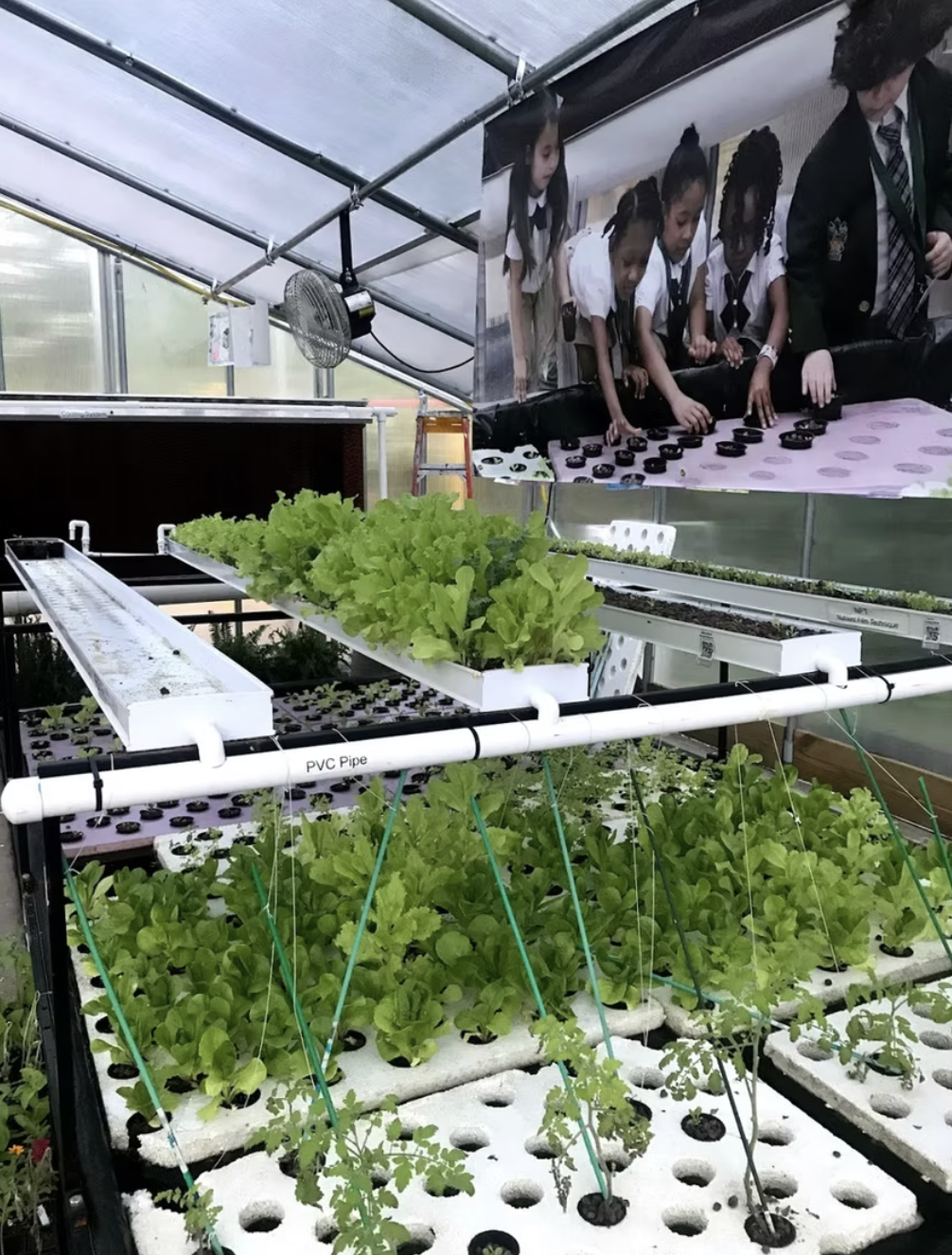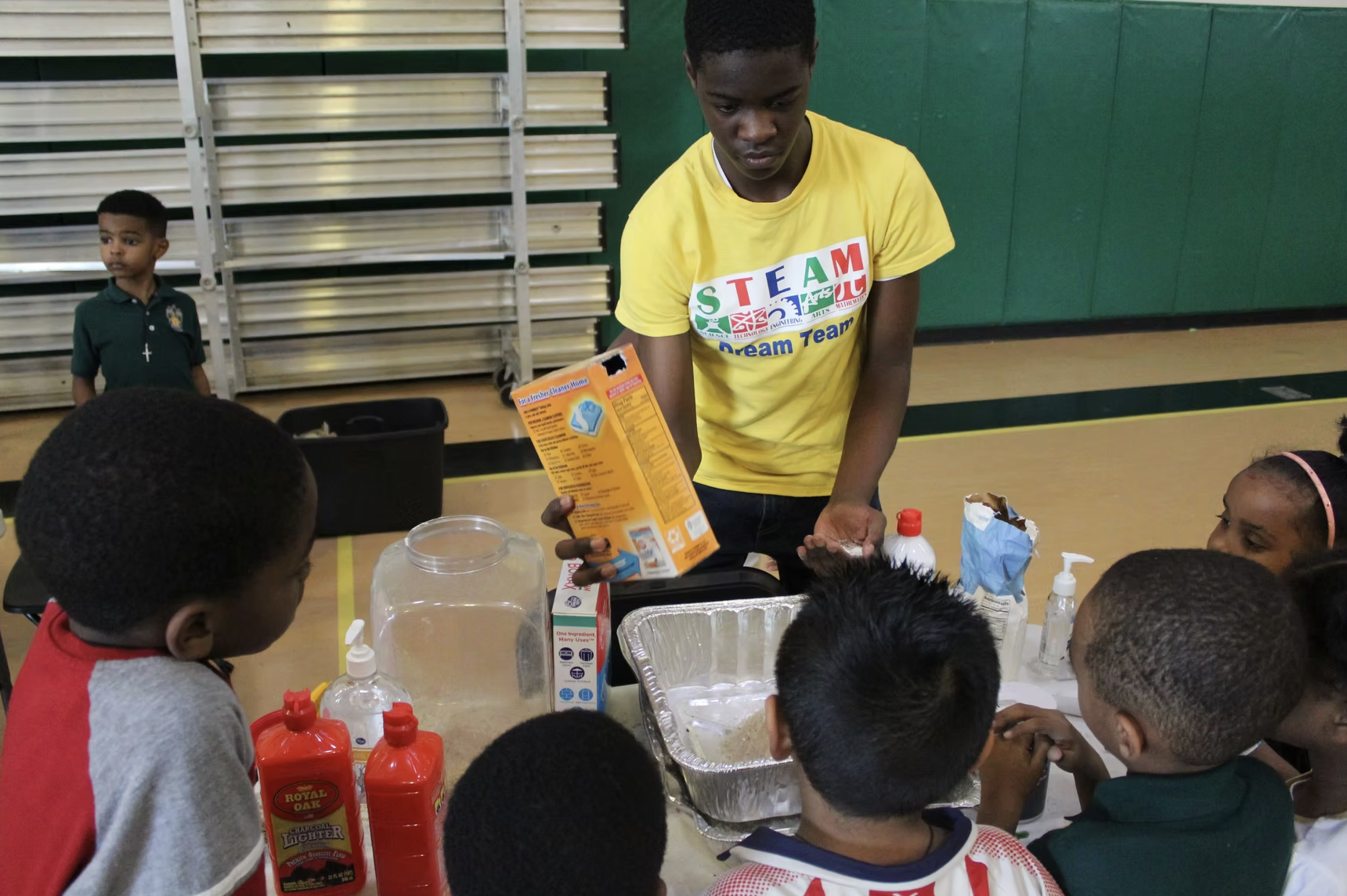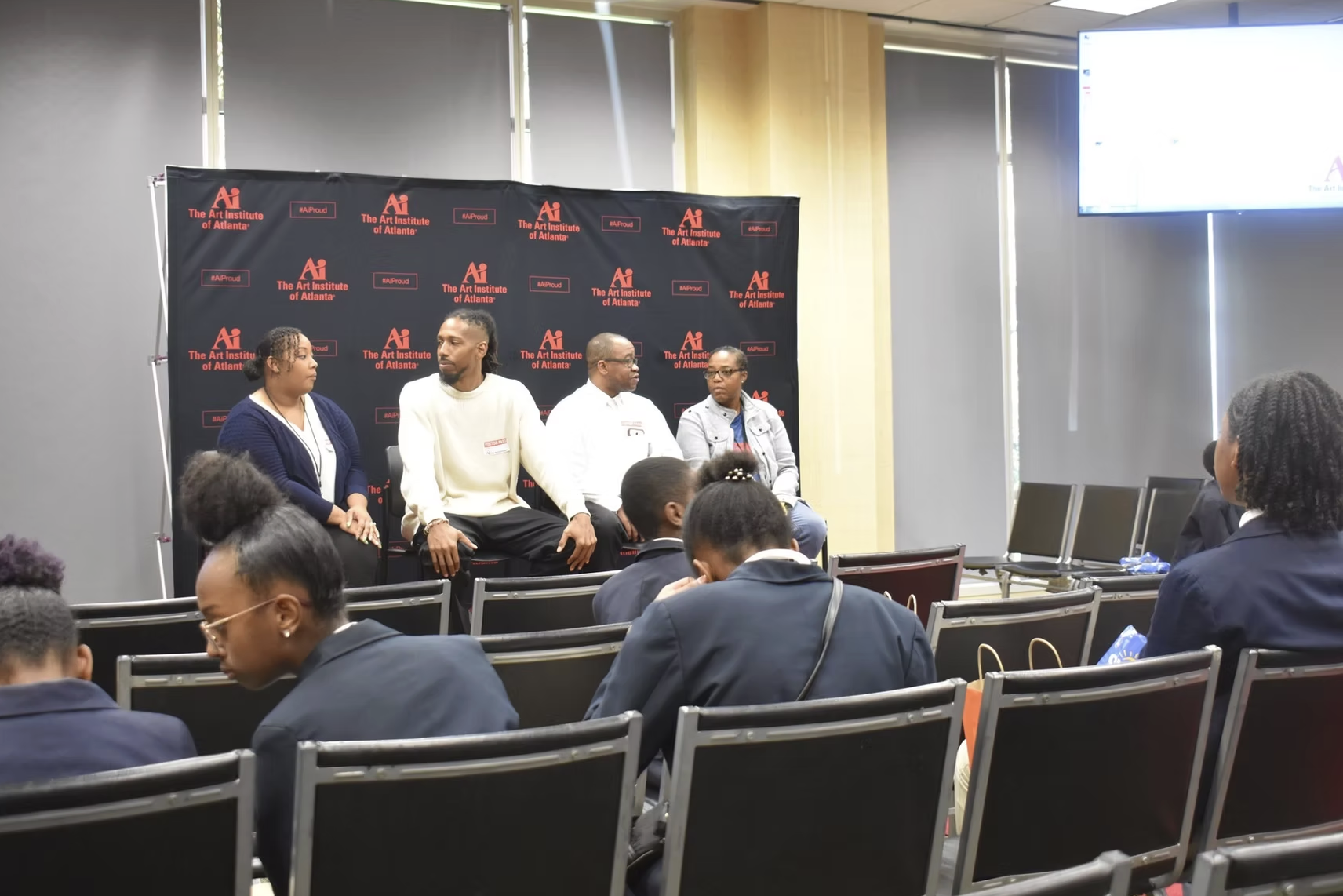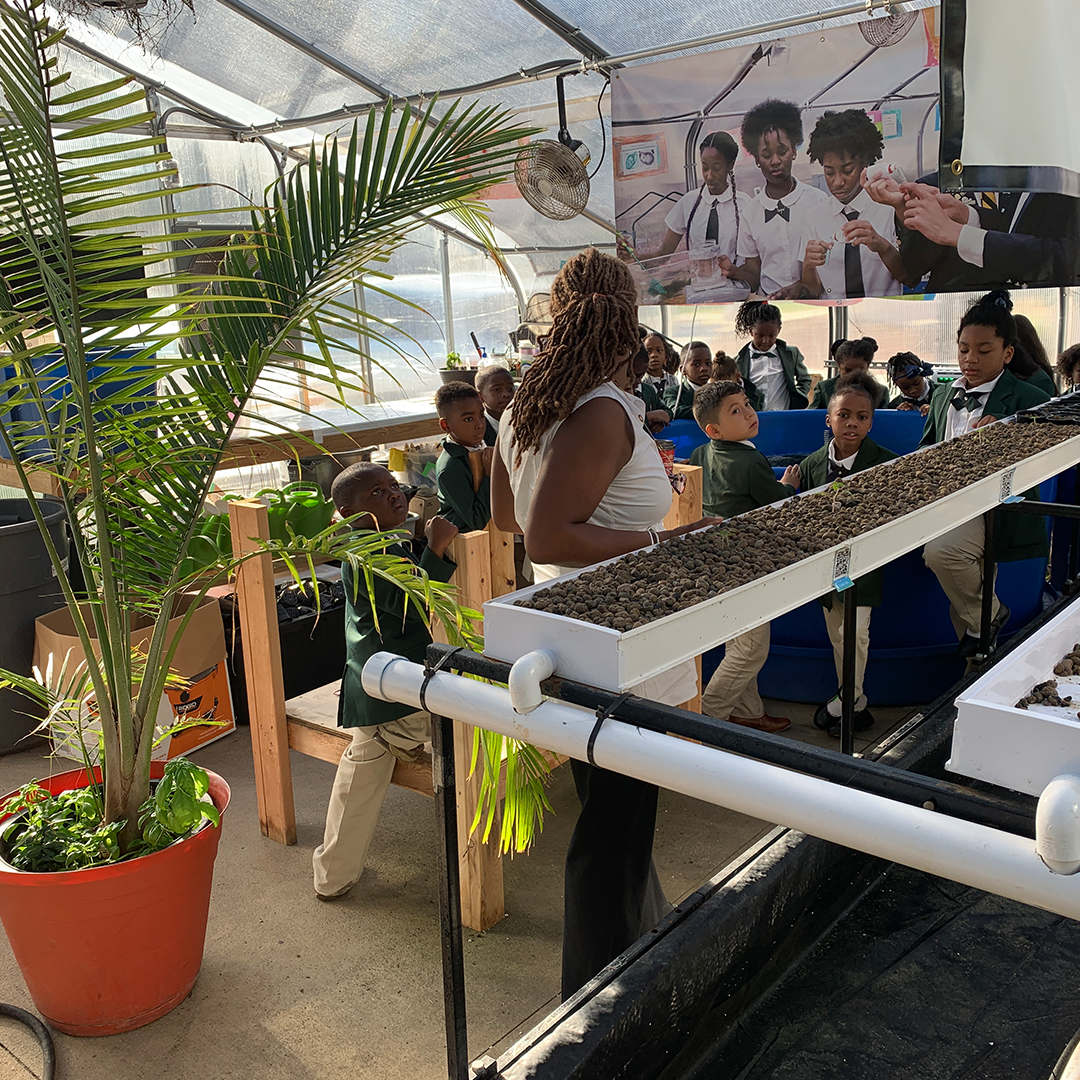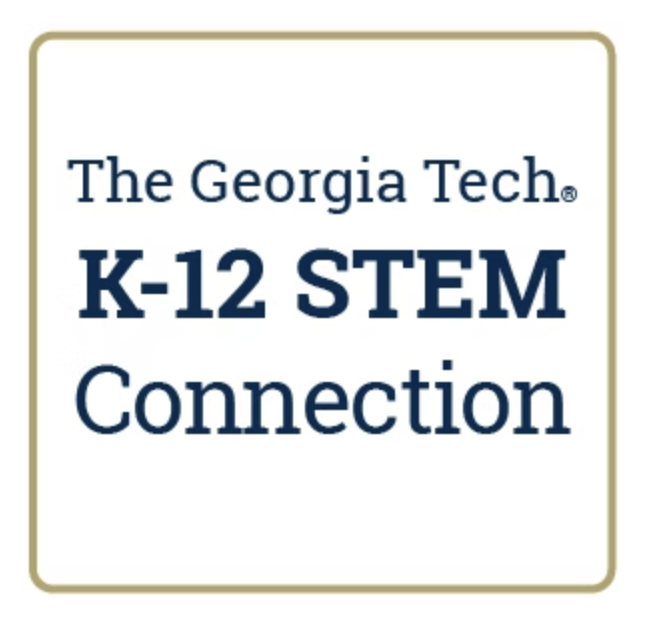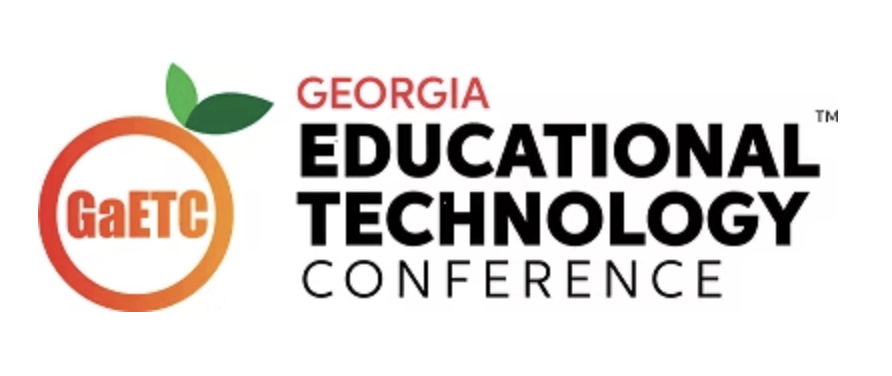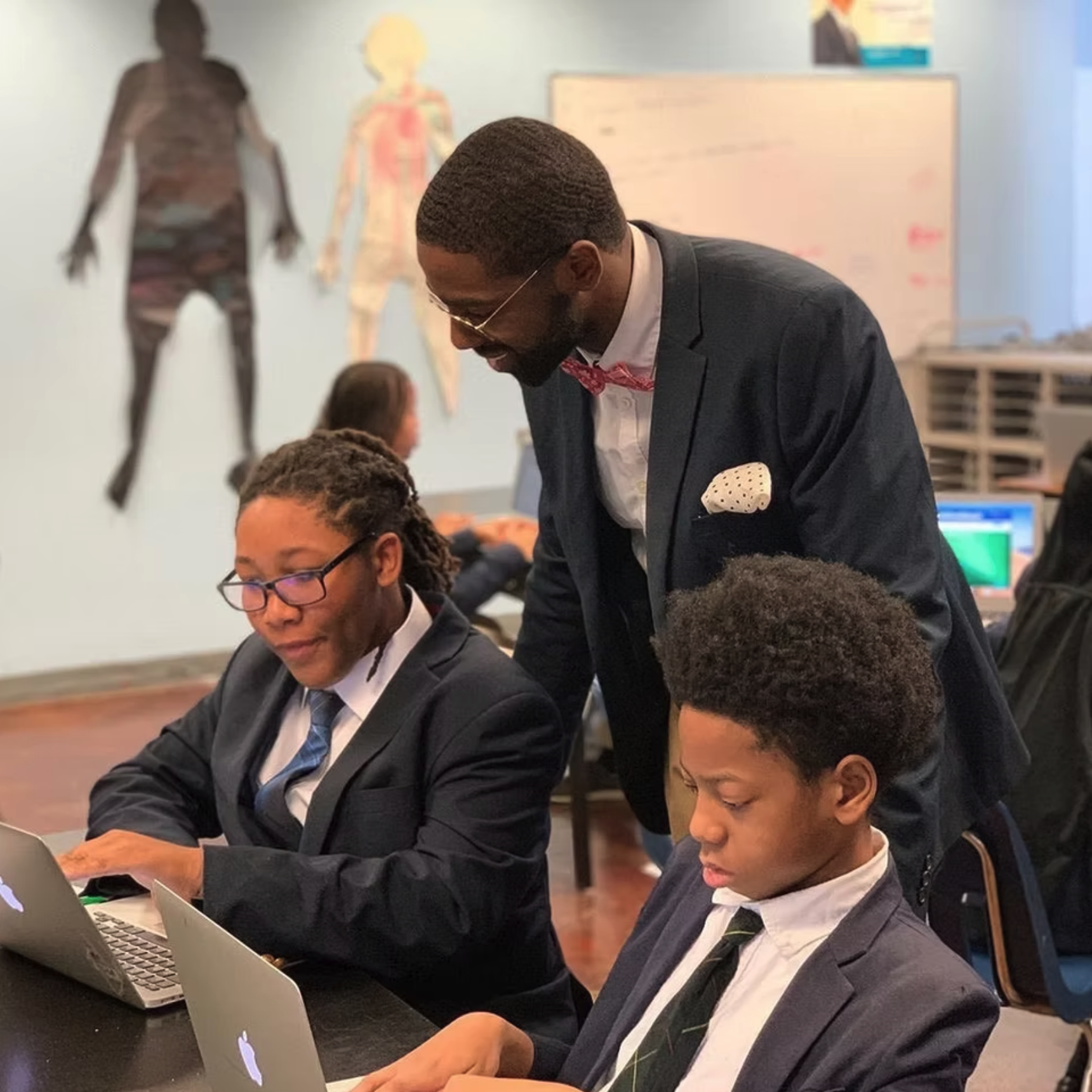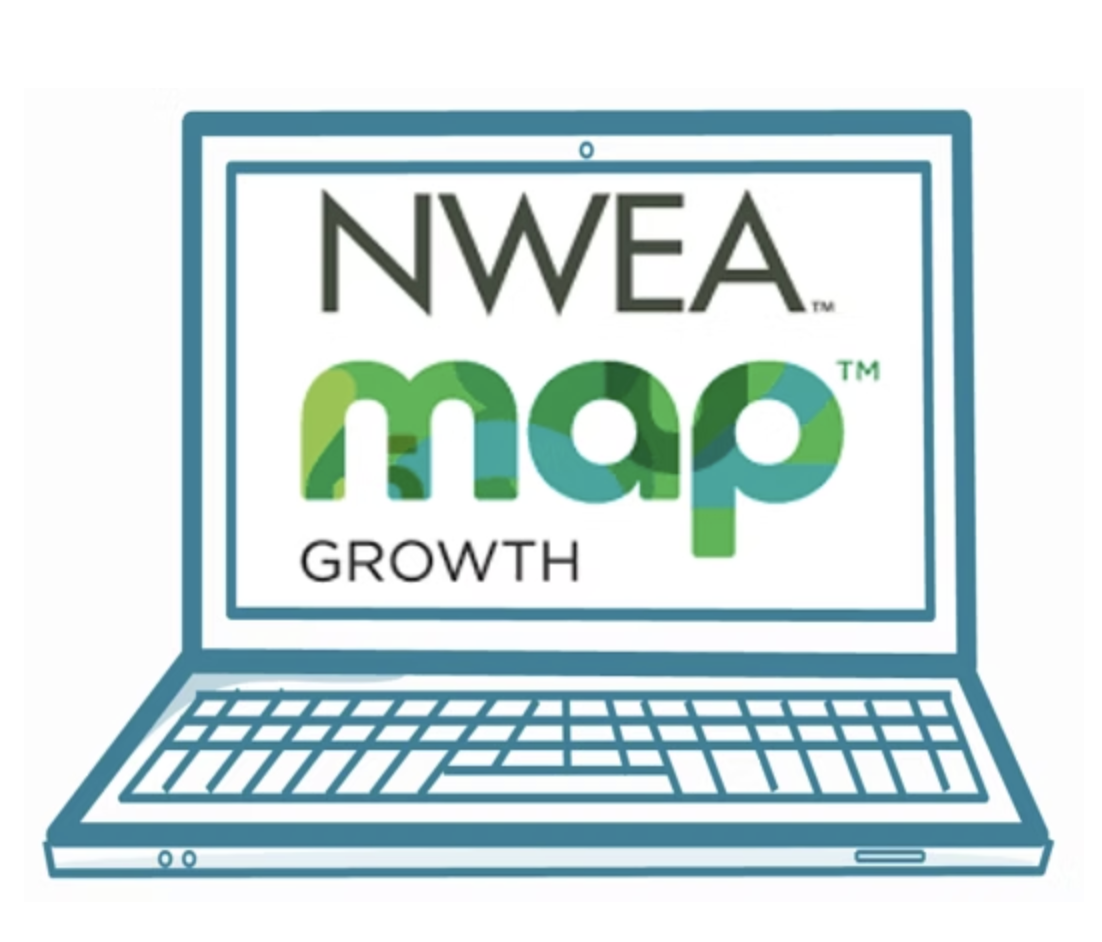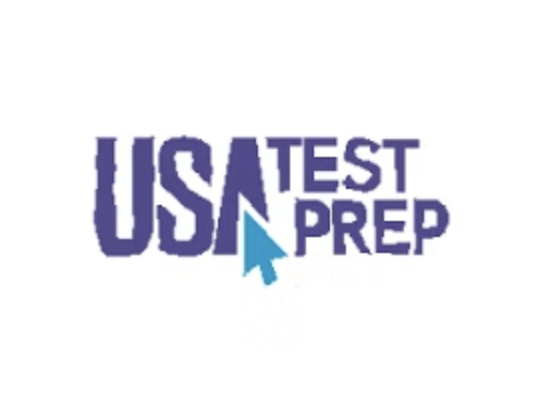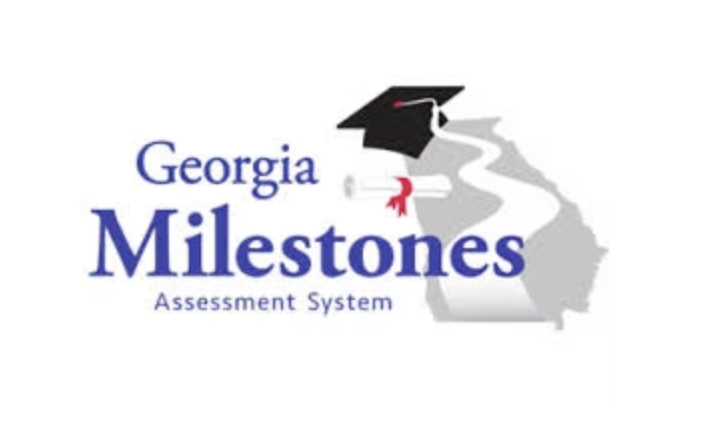Growth IN (STEM) Learning
Standard 13
Students demonstrate STEM content knowledge representative of STEM literacy outcomes that prepare them for the next level of learning and work.
Providing effective STEM engagement opportunities is critical to the overall growth and achievement of our students. As a unique charter focus, we have been in the process of improving those opportunities and further establishing a community of good environmental stewards and critical thinkers poised to meet the technological and agricultural challenges of the 21st century global economy.
Standard 14
Students develop STEM skills and cross-cutting competencies that support workforce readiness.
DATE offers engaging STEM experiences for all students, grades kindergarten through eighth. All students have an opportunity to develop cross competencies in all disciplines.
The DATE charter states that our unique teaching and learning focus provides students with the skills and competencies in technology, agriculture and environmental science. Each homeroom class takes turns maintaining each of the campus ecosystems as they build their levels of knowledge and skills for each.
Students develop STEM skills and cross-cutting competencies that support workforce readiness through the variety of exercises, activities, experiences, and engaging academic activities they are provided each instructional day. The core teachers and stakeholders sustain the initiatives and provide support through CTAE STEM Teams and discipline specific instruction.
Standard 15
School/program engages in a continuous improvement process for STEM.
Through stakeholder input, the continuous improvement practices at DATE Academy include the review and reauthorization of the school charter, strategic plan, and the continuous school improvement process (CSIP) documentation. The school charter is reauthorized every 5 years. The charter must be District approved and then State approved. The strategic plan, based on the goals and objectives within the charter, must be reviewed and adjusted within a 5 year period of time as well. The CSIP, as required by Title I, annually reviews academic progress and aligns instructional strategies and action plans to address deficiencies of learners of varying abilities.
Within the course of the school year, the school leadership team monitors the STEM interdisciplinary PBL units and ensures that the resources that supports are available to teachers and students. This includes the resources and materials needed to manage the campus ecosystems, support school initiatives such as STEM/STEAM Days, STEM Dream Team Mobile Lab, CTAE STEM Teams, and other activities and events as needed.
Standard 16
School/program conducts evaluative activities to ensure the effectiveness of STEM implementation.
Teachers use a variety of instructional tools to determine the effectiveness of STEM initiatives and activities to impact STEM learning. Formatively assessing students provides necessary data for all core disciplines of which STEM is deeply embedded. DATE emphasizes and empowers educators to continually make instructional and programmatic decisions based on the results of formative and summative data. Tools included this process include, but are not limited to, the Measures of Academic Progress (MAP) formative assessments, Illuminate and Georgia Milestones.
Additional Domains
Culture OF (STEM) Learning
Leadership FOR (STEM) Learning
Engagement OF (STEM) Learning
hello@domainname.org
Phone
(678) 999-9290
Address
1492 Kelton Drive, Stone Mountain, GA 30083
Resources
Executive Summary
Promising Practices
K12 STEM Impact Diagnostic
STEM Domains
STEM Community
STEM Learning Culture
STEM Experiences
STEM Outcomes
Dekalb Agriculture Technology & Environment INC. Copyright © 2025, All Rights Reserved. | Site Designed by Hakaba Design LLC.
